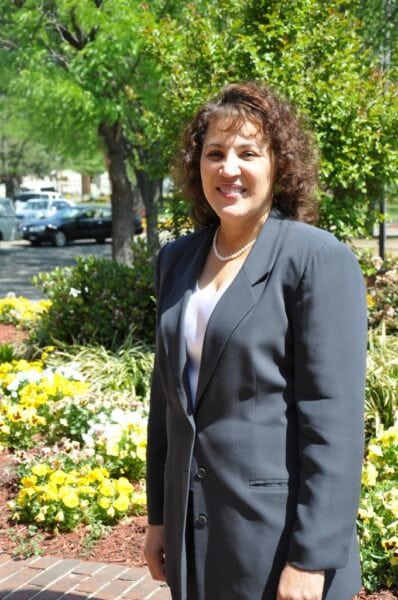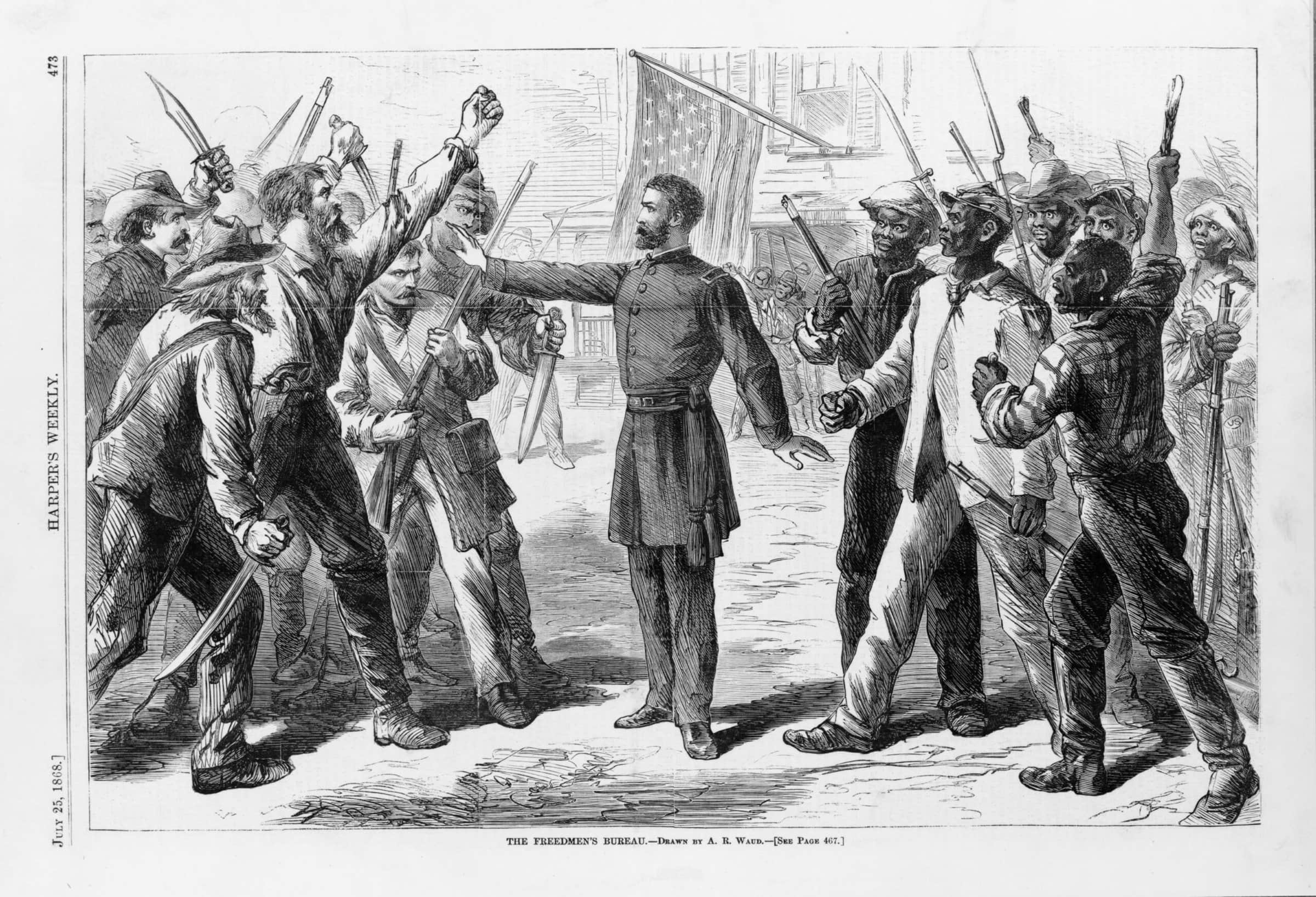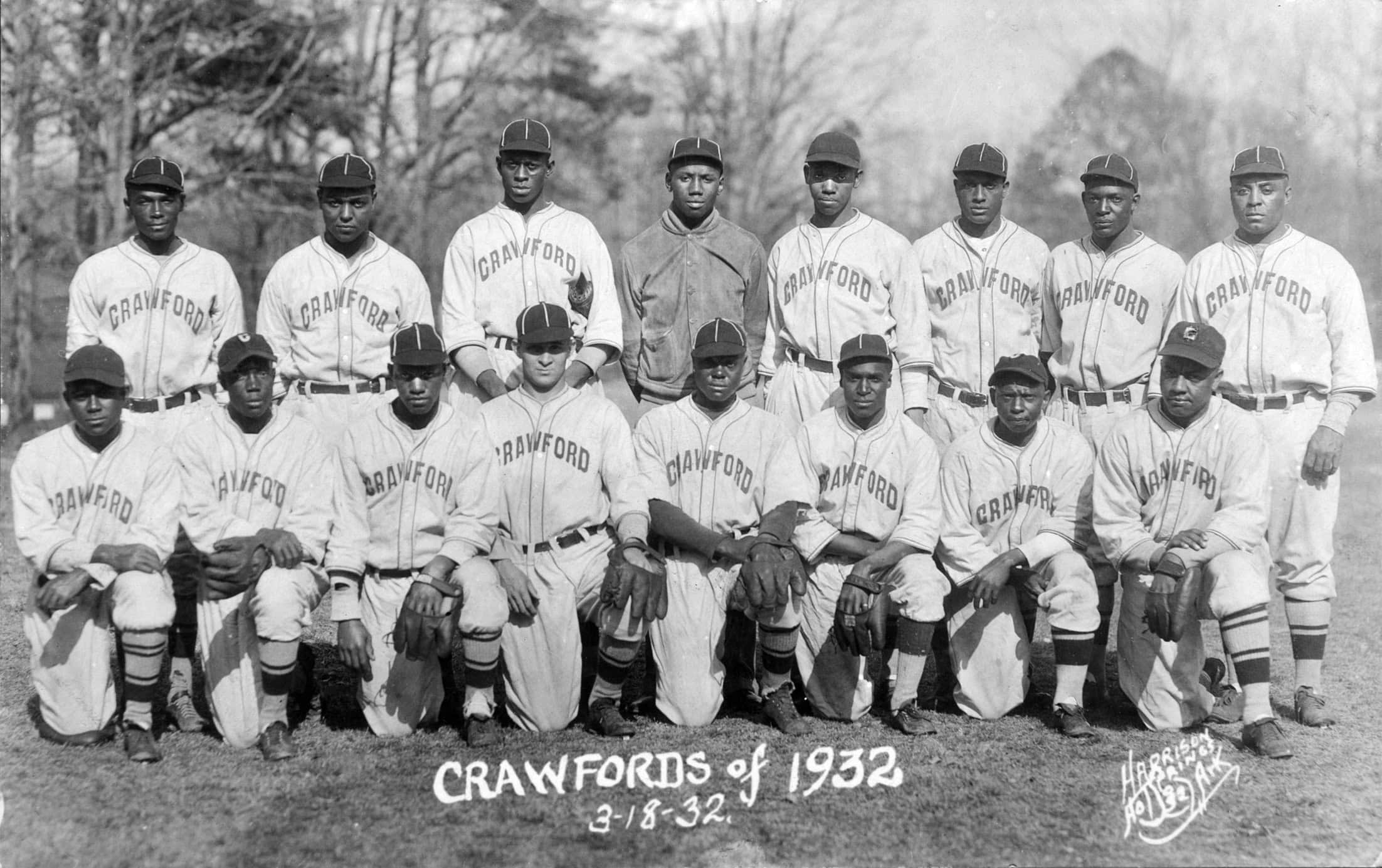Cassandra Newby-Alexander is the interim dean of the College of Liberal Arts, professor of history, and director of the Joseph Jenkins Roberts Center for African Diaspora Studies at Norfolk State University. She lives in Chesapeake, Virginia, and has been a member since 2000.
Cassandra Newby-Alexander is the interim dean of the College of Liberal Arts, professor of history, and director of the Joseph Jenkins Roberts Center for African Diaspora Studies at Norfolk State University.
Alma maters: BA (American government and African American studies), University of Virginia, 1980; PhD (American history), College of William and Mary, 1992
Fields of interest: African American, American, African diaspora
Describe your career path. What led you to where you are today? Since high school, I have been privileged to have a series of instructors who have stimulated my interest in history in general, and African American history in particular. Although I initially thought I would pursue a career in law, I soon discovered after working as a paralegal in a prominent civil rights law firm that teaching and academe was more engaging as a career path. Since that time, all the professors I have had as an undergraduate and graduate student have contributed to my special interests because of their particular research and scholarly approaches and interpretations. While I have taken a circuitous path from paralegal to high school teacher to professor, each experience broadened my perspective and provided me with information and an expansive understanding that has been critical to my career.
What do you like the most about where you live and work? I have an opportunity to work with a dedicated group of scholars from various disciplines whose interests have dovetailed with mine. My colleagues are generous in sharing their research, collaborating on various projects, and engaging students in their research. My colleagues have been supportive in organizing and hosting public programs and community outreach.
What projects are you currently working on? Over the past seven years, I have worked on the 1619:Making of America programming series that has included conferences, teacher workshops, research projects, and ancillary activities. This program will be one of the signature programs for the 2019 Commemoration Commission sponsored by the Commonwealth of Virginia that focus on the arc of African American history. It will highlight their beginnings in Virginia in 1619 and interpret how it was that those who were forcibly brought from the African continent substantially imprinted their culture on America.
I am also working on a book about efforts by Virginia’s African American population to seek freedom and liberty from 1619 through Reconstruction. These efforts include flight through the Underground Railroad and immigration to Liberia.
Have your interests evolved since graduation? If so, how? Yes, my interests have evolved as I have blended my historical research with public programming. I am passionately committed to translating history to a broader audience.
What’s the most fascinating thing you’ve ever found at the archives or while doing research? I recently completed a short book about Virginia’s Underground Railroad and, during my research, I discovered that I have ancestors who were active abolitionists and participants in Pennsylvania’s Underground Railroad network. I was struck by the irony of this discovery.
Is there an article, book, movie, blog etc. that you could recommend to fellow AHA members? Weevils in the Wheat by my anthropology college professor Charles Perdue is one of the most important works I have read. I use it in the classroom as a teaching tool, explaining how historians incorporate oral accounts into their interpretations of the past, taking care not to dismiss accounts that appear to be erroneous. For example, one of the individuals highlighted as a “tall tale teller” because she claimed to have seen Halley’s Comet, although she was too young to have witnessed that phenomenon. Years after reading the book during my undergraduate years, I stumbled upon an 1858 article in a local Virginia newspaper about a comet that looked like Halley’s Comet. It was then that I realized that this lady simply misheard what she was witnessing but the account and the timeline made her recollections true.
What do you value most about the history discipline? How relevant history is in understanding and interpreting our world. Each day, I have an opportunity to relate current events with history, diving deeply into the origins and causes of human activity.
Why is membership in the AHA important to you? Membership in the AHA gives me the opportunity to connect with scholars throughout the United States who specialize in every aspect of history.
AHA members are involved in all fields of history, with wide-ranging specializations, interests, and areas of employment. To recognize our talented and eclectic membership, AHA Todayfeatures a regular AHA Member Spotlight series.
This post first appeared on AHA Today.
This work is licensed under a Creative Commons Attribution-NonCommercial-NoDerivatives 4.0 International License. Attribution must provide author name, article title, Perspectives on History, date of publication, and a link to this page. This license applies only to the article, not to text or images used here by permission.




